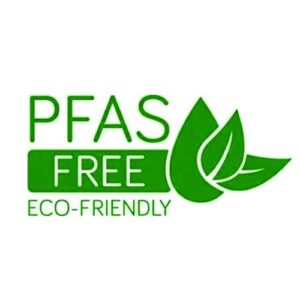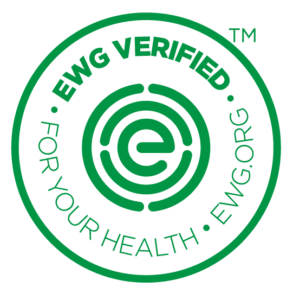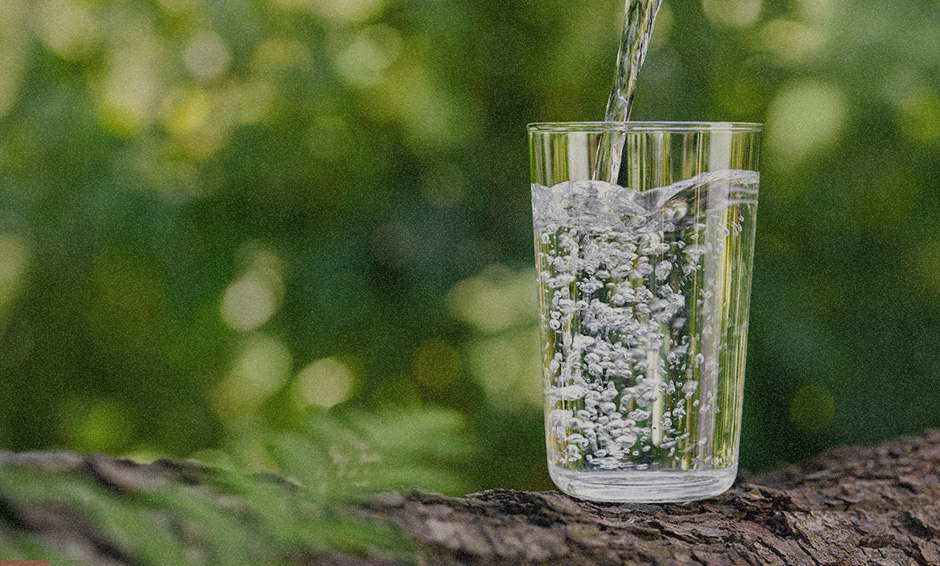Is seemingly clear and harmless drinking water really safe?
Despite advancements in technology, PFAS—an almost indestructible chemical—remains hidden in our daily lives.
How Does PFAS Affect You?
Even if your health seems fine now, that doesn’t mean you won’t face problems in the future. Let’s take a closer look at this hidden daily threat.
Understanding PFAS: The Invisible Killer
PFAS (Per- and Polyfluoroalkyl Substances) refers to a group of chemicals. Due to their high resistance to water, oil, and stains, they are widely used in many everyday products, such as non-stick cookware, waterproof clothing, long-lasting or waterproof cosmetics, fast-food containers, and cleaning agents.
Due to their persistent nature, PFAS are difficult to break down in the environment and can remain in water sources for a long time. In recent years, they have drawn significant international attention and been subject to increasing regulation.
In 2023, the European Union (EU) proposed a ban on PFAS, initiated by Germany, the Netherlands, Norway, Denmark, and Sweden. The ban is scheduled to be fully implemented by 2025.
This regulation primarily targets industries that have a direct impact on human health, such as textiles, food packaging, and cosmetics. It is also the largest chemical ban in history in terms of the number of restricted substances.
PFAS: A Red Alert for Health
Exposure to PFAS has been linked to a range of health risks, including:
- Increased risk of cancer
- Immune system disorders
- Thyroid dysfunction
- High cholesterol due to impaired metabolism
- Weakened vaccine antibody response in newborns
- Higher risk of pregnancy complications, such as preeclampsia and high blood pressure
- Low birth weight in infants
- Reduced fertility in both men and women
How to Prevent PFAS Exposure?
- Be Mindful of Drinking Water Quality
PFAS can persist in water sources for long periods, especially near industrial areas. When purchasing bottled water, make sure to check if:
✅ The water is sourced from groundwater.
✅ The product has undergone PFAS testing or uses activated carbon/reverse osmosis filtration for safety.
- Check Product Labels
Reduce or avoid products labeled as:
🔸 Waterproof
🔸 Oil-resistant
🔸 Stain-resistant
🔸 Long-lasting
Examples include waterproof clothing, non-stick cookware, and long-lasting cosmetics.
- Avoid Unnecessary Chemicals
Many common household sprays and cleaning agents contain a variety of chemicals. Opt for eco-friendly products with simpler ingredients or explore alternative cleaning methods.
- Enhance Protection Awareness
Regularly clean air filters to maintain good air quality, and share information and remind each other about daily PFAS protection practices.
- Choose Natural Alternatives
Whenever possible, choose:
🌿 Natural fiber clothing
🌿 Organic cosmetics and skincare products
🌿 Chemical-free household items
Key Safety Certifications to Be Aware Of
PFAS-Free Certification
As the EU intensifies its PFAS monitoring on food products, including baby items, infant formula, and alcoholic beverages, governments are urging manufacturers to certify their packaging and products with PFAS-Free or No PFAS labels to mitigate hidden risks.

GOTS (Global Organic Textile Standard)
This certification guarantees that textile products adhere to rigorous environmental and social responsibility standards throughout the entire supply chain, from sourcing raw materials to the final product labeling.

EWG Verified (Environmental Working Group Certified)
This certification ensures that every aspect of the product, from ingredient sourcing and proportions to the manufacturing process, is thoroughly reviewed by EWG-certified bodies. Only when the formula is deemed safe will the certification seal be issued, offering consumers a more confident and trustworthy choice when purchasing products.

PFAS may be invisible, but their impact is very real. By staying informed, making safer choices, and advocating for stricter regulations, we can reduce our exposure to these “forever chemicals” and safeguard our health for the long term.


